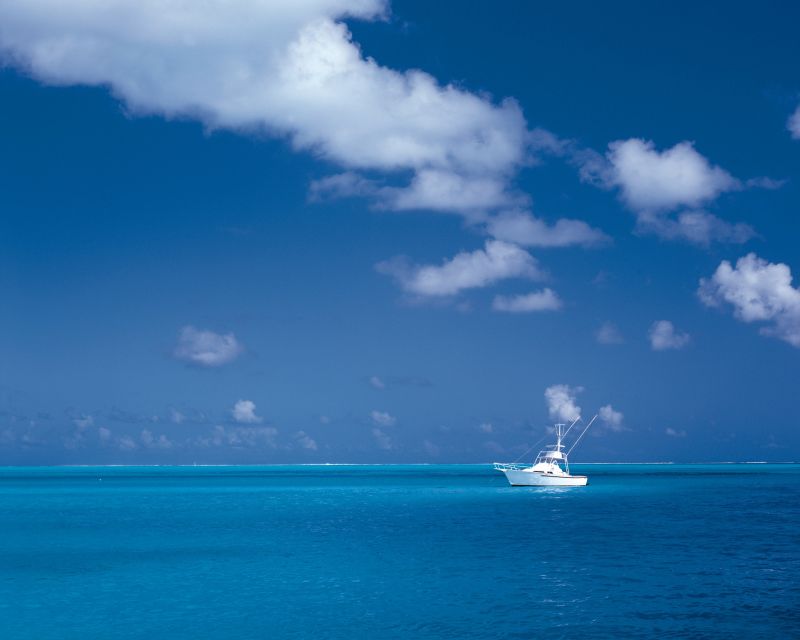efflorescence
英 [,eflɔː'resəns]
美 [,ɛflə'rɛsns]
efflorescence 开花,全盛期ef-, 向外。-flor, 花,词源同florist, flower. 字面意思即鲜花盛开的时候,引申义全盛期。
- efflorescence (n.)
- 1620s, "a bursting into flower, act of blossoming out," from French efflorescence, from Latin efflorescentem (nominative efflorescens), present participle of efflorescere "to bloom, flourish, blossom" (see effloresce). Sense in chemistry is from 1660s.
- 1. The period of literary and artistic efflorescence has come.
- 文艺创作的繁盛时期已经来到.
来自《现代汉英综合大词典》
- 2. And it may leads to impracticable structure and coast risks in the rainy and efflorescence areas.
- 并且对于降雨强度高、岩土易风化的地区,工程结构很容易被架空,存在滑坡等风险.
来自互联网
- 3. Architecture, sculpture, painting, music, and poetry, may truly be called the efflorescence of civilized life.
- 建筑 、 雕塑 、 绘画 、 音乐与诗歌, 可真正称为人类步入文明社会的产物.
来自互联网
- 4. The period from 1946 to 1969 was the efflorescence of English comparative law.
- 1946年至1969年,英国的比较法进入了全盛时期.
来自互联网
